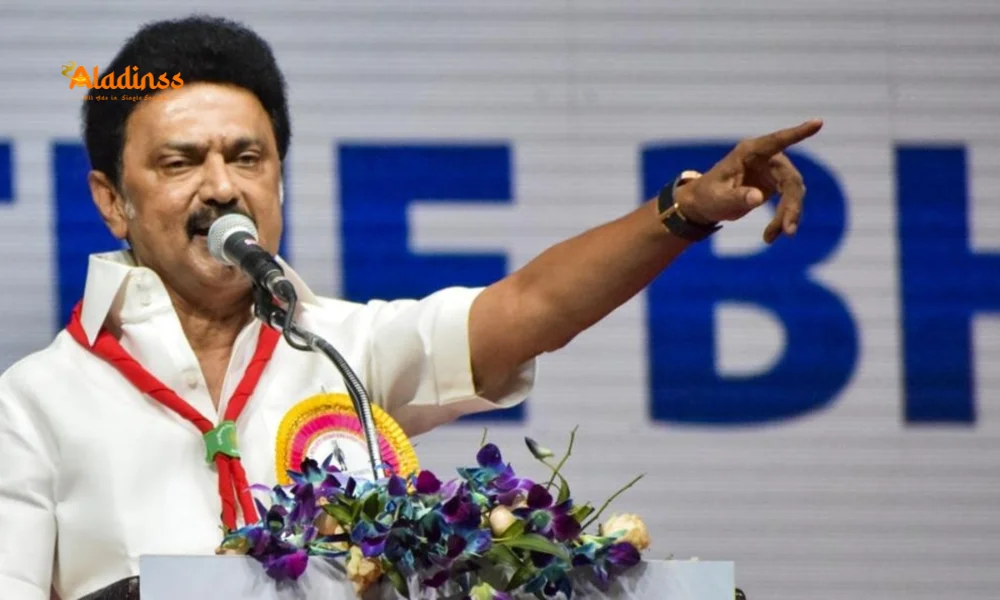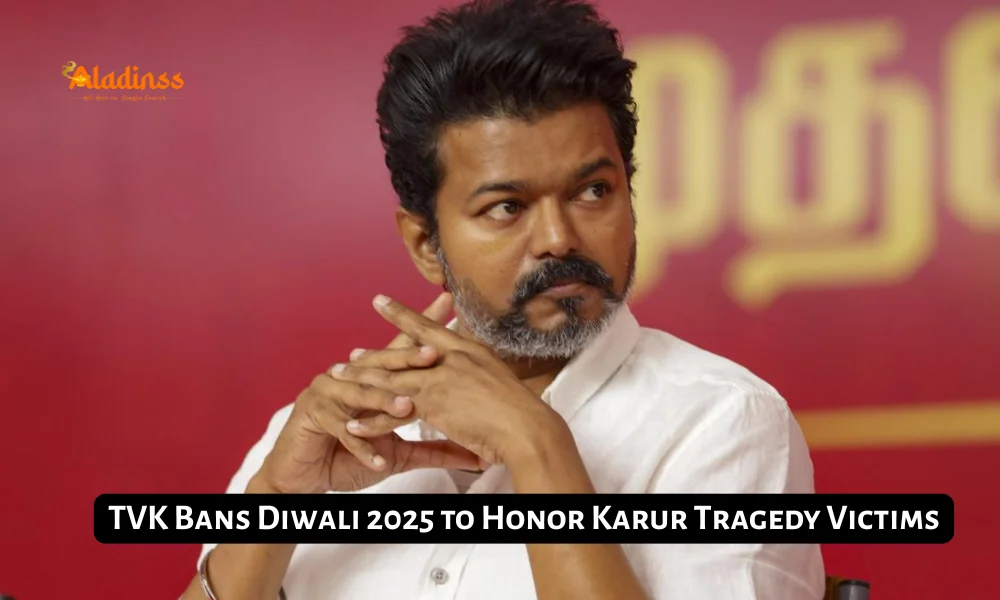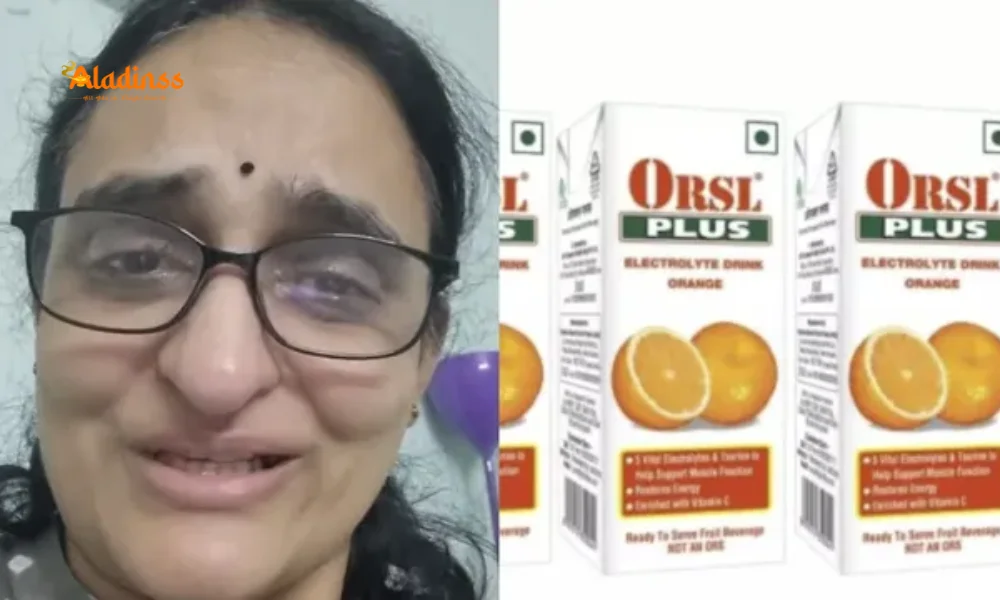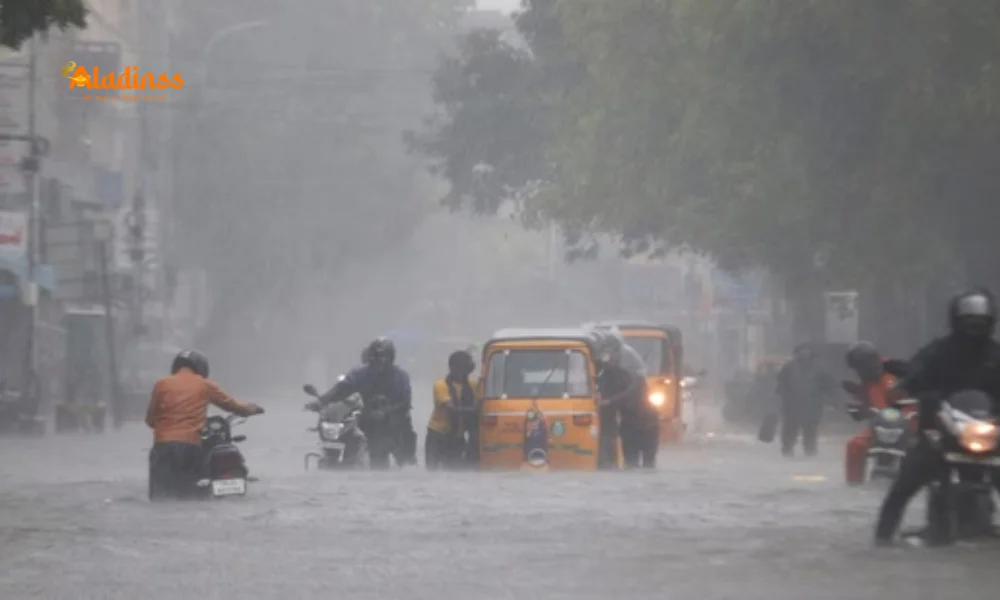Modi in Japan: Push for Political & Economic Stability Amid Tariff Shock
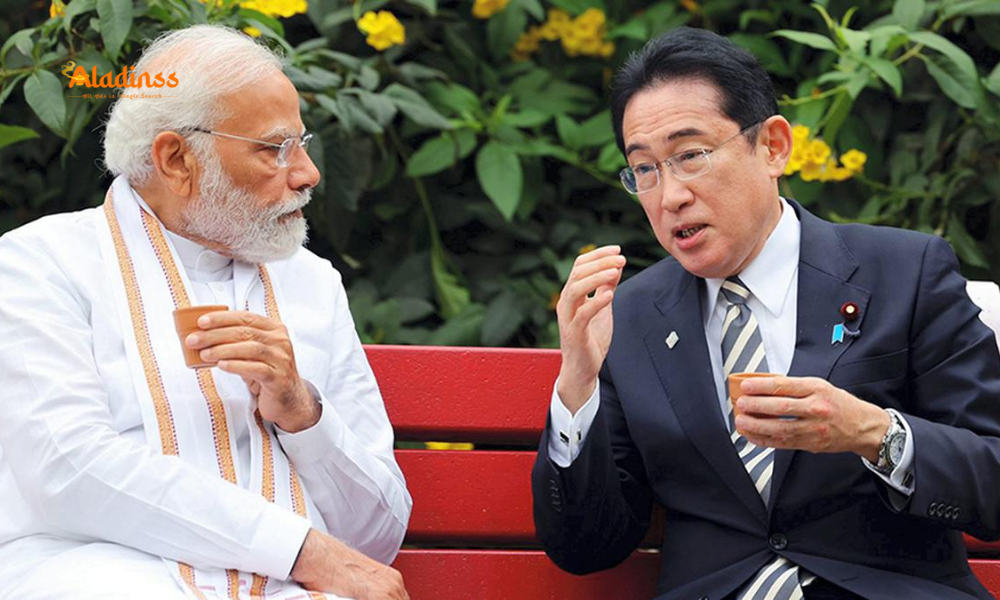
In Japan, PM Modi Highlights India’s Political and Economic Stability After US Tariff Hike
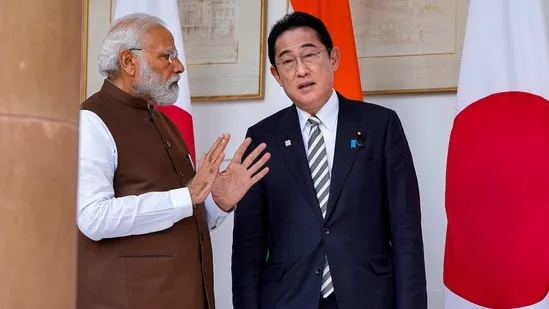
Prime Minister Narendra Modi, speaking at the India-Japan Economic Forum in Tokyo on Friday, asserted that India today enjoys political and economic stability, policy transparency and predictability — qualities he said will propel India to become the world’s third-largest economy soon. The remarks came just two days after the United States imposed punitive tariffs of up to 50% on certain Indian goods, a move New Delhi has criticised and one that many economists warn could hit exports and jobs. In Tokyo, Mr. Modi sought to reassure investors and partners that India remains resilient and open for business, while emphasising the deepening strategic economic ties with Japan.
Modi’s Message in Tokyo: Stability, Predictability and Growth
Addressing business leaders and officials at the India-Japan Economic Forum, Mr. Modi highlighted India’s rapid economic transformation under his government, pointing to policy reforms and structural changes that have improved the ease of doing business. He said India’s combination of political stability and a predictable regulatory environment has encouraged both domestic and foreign capital to multiply in the country. “Today, India has political stability, economic stability, transparency in policy, and predictability,” he said, adding that India is the fastest-growing major economy and is on course to become the third largest globally.
Context: US Tariff Hike and Global Trade Headwinds
The Tokyo address came after the United States announced an additional tariff on certain Indian imports — a decision that effectively doubled duties on affected goods to 50%, citing concerns about India’s purchase of Russian oil. Economists warn such steep tariffs could dent Indian export competitiveness, disrupt supply chains and affect employment in export-oriented sectors. Mr. Modi’s remarks in Tokyo were thus aimed at international investors and partners, signalling that despite external shocks, India’s macro fundamentals remain strong.
India’s Economic Pitch: Reforms, GST and Ease of Doing Business
Mr. Modi reiterated that India’s economic strategy — summarised by him as “reform, perform and transform” — has driven major policy shifts such as the introduction of GST (One Nation One Tax), single-window clearances for businesses, and measures to improve the investment climate. He stressed that these systemic reforms have encouraged stable, long-term private investments: “JETRO says 80% of companies want to expand in India and 75% are making profits,” he told the forum, underlining that Japan remains a key partner in India’s development story.
Japan-India Economic Partnership: Strategic & Smart
In Tokyo, Mr. Modi described India-Japan ties as “strategic and smart,” driven by economic logic and shared interests. He highlighted sectors where Japan has invested heavily in India — from metro rail projects and manufacturing to semiconductors and start-ups. India’s appeal as a springboard for Japanese business into the Global South was emphasised, with Mr. Modi referencing more than USD 40 billion of Japanese investment and a recent USD 13 billion in private investments over the last two years.
Investor Reassurance Amid Trade Tensions
With trade tensions rising globally, Mr. Modi’s Tokyo messaging aimed to reassure institutional and corporate investors that India’s long-term prospects remain robust. He argued that transparent policies and predictable governance reduce investment risk and that India’s domestic market and reform momentum offer attractive opportunities for Japanese and global firms. The emphasis on predictable regulation is particularly relevant for sectors sensitive to trade barriers, such as manufacturing, electronics and textiles.
Economic Diplomacy: Shaping the Asian Century Together
Mr. Modi framed the India-Japan partnership as central to shaping a stable, prosperous “Asian Century.” He invited Japanese businesses to leverage India as a base for expansion into emerging markets and highlighted collaborative possibilities in semiconductors, green technology, infrastructure and supply-chain resilience. The message was also geopolitical: deeper economic integration with Japan strengthens India’s strategic autonomy amid shifting global alignments.
Upcoming Itinerary and Regional Diplomacy
Mr. Modi’s two-day Tokyo visit — his first standalone trip to Japan in nearly seven years — is aimed at deepening the Special Strategic and Global Partnership with Tokyo. He is scheduled to hold detailed bilateral talks with Prime Minister Shigeru Ishiba and participate in the 15th India-Japan Annual Summit. Following Tokyo, Mr. Modi will travel to China to attend the SCO Summit in Tianjin, underscoring India’s active regional diplomacy even as it navigates economic frictions with key partners such as the United States.
What Comes Next: Risks and Opportunities for India
The immediate challenge for New Delhi is responding to trade measures such as the US tariff hike while protecting exporters and jobs. At the same time, Mr. Modi’s Tokyo address reiterated that India will continue to pursue investment, diversify markets and strengthen strategic ties. The balance between defending national economic interests and courting foreign capital will shape India’s near-term policy responses and determine whether the country can maintain the high-growth trajectory its leaders promise.
Comment / Reply From
No comments yet. Be the first to comment!
